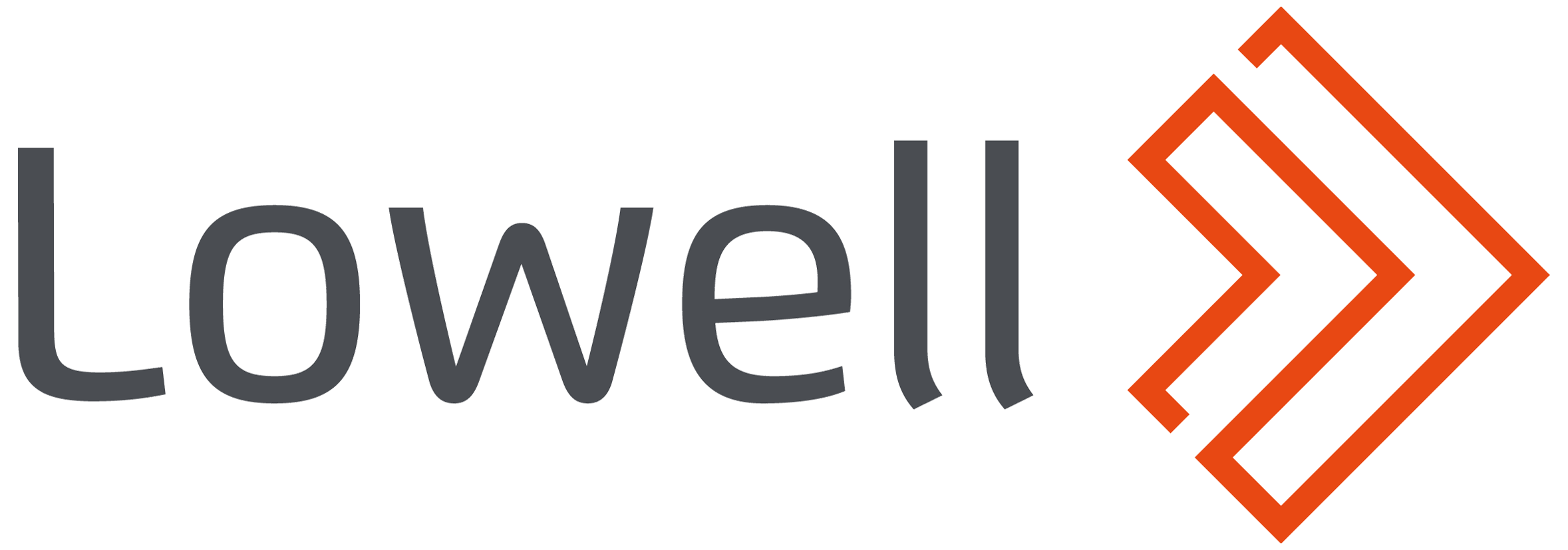How does a debt management plan work?
What is a Debt Management Plan?
Read our guide to debt management plans to learn about DMPs, how they affect your credit, and how Lowell can work with you if you have a debt management plan.
If you're dealing with problem debt, you may be considering a debt management plan. A debt management plan, or DMP for short, is a type of debt repayment plan which allows you to pay back your debt based on what you can afford.
This can either be set up and managed by an organisation specialising in helping people with problem debt or you can organise it yourself. Please note, for the purpose of this guide, we’re specifically talking about entering into a debt management plan with a DMP provider.
Before you decide to enter into a debt plan, you should know the facts. That’s why we’ve created this guide so that you can learn more and find out how Lowell can work with you if you have a debt management plan.
It's worth noting that debt management plans are not available if you live in Scotland. Instead, there is a similar solution called the Debt Arrangement Scheme (DAS).
This content is intended to be an impartial guide regarding debt management plans and how they work. Lowell Financial Ltd does not offer financial advice. You can find out more about the organisations you can contact in our guide on debt help and support.
Do you have to pay for a DMP?
How long does a DMP last?
What is the minimum debt level for a DMP?
Is Lowell a DMP provider?
What debts can be included in a debt management plan?
What debts can't be included in a debt management plan?
Should I get an IVA or DMP?
Can you change from a DMP to an IVA?
Can you pay off a debt management plan early?
Advantages of a DMP
Disadvantages of a DMP
Does a debt management plan affect your credit?
How long does a debt management plan affect your credit rating?
Can I get a loan while on a DMP?
Can I get a credit card while on a debt management plan?
Can you get a mortgage while on a debt management plan?
How long after a DMP can I get a mortgage?
What happens at the end of a debt management plan?
First published: 24th April, 2021
Last updated: 11th June 2024




